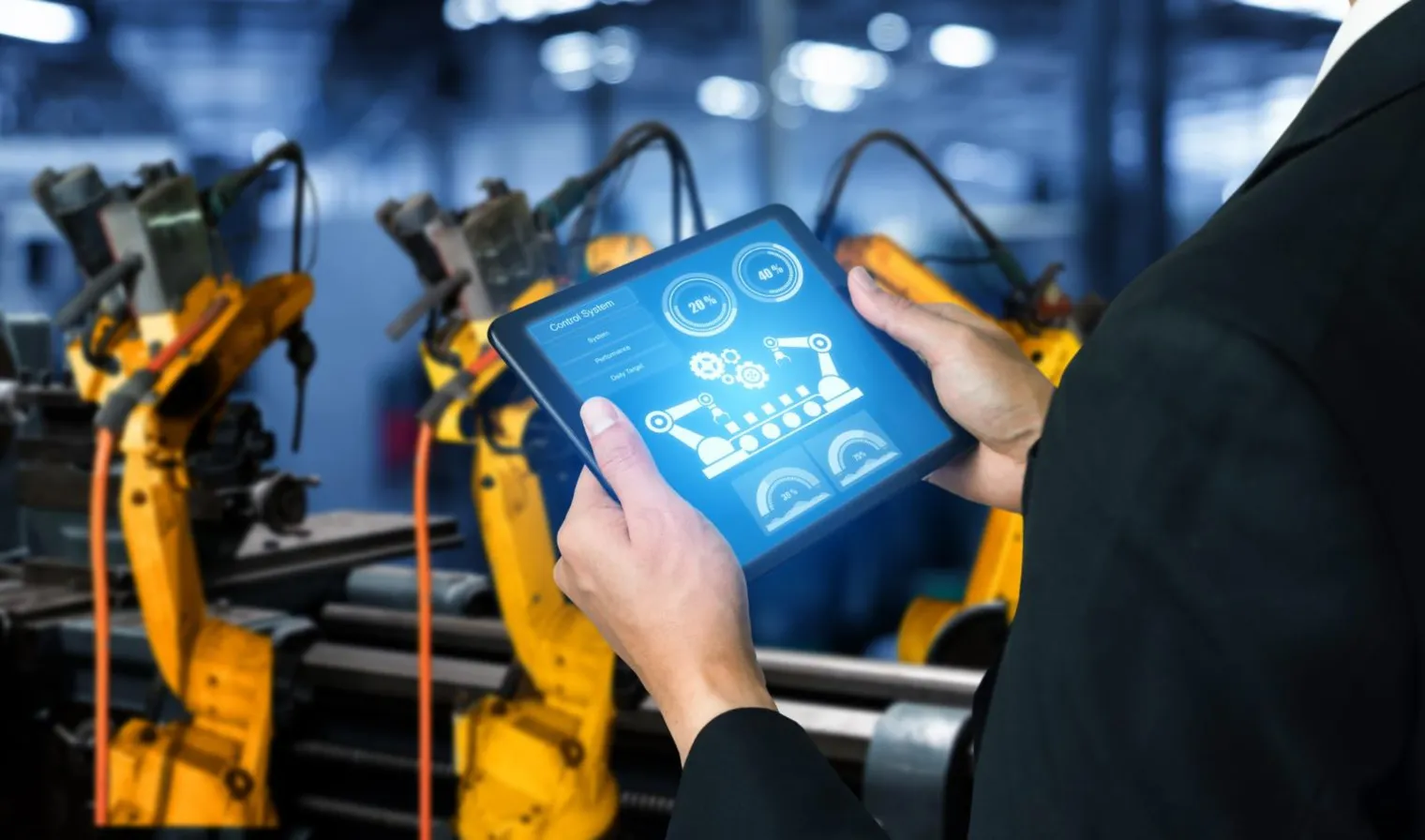How Smart Manufacturing Is Reshaping Vietnam’s Export Sector
Vietnam’s transformation into a global manufacturing powerhouse continues to accelerate, driven by innovation and strategic investment. One of the most significant shifts currently reshaping the landscape is the integration of smart manufacturing technologies. As Vietnam embraces Industry 4.0, its export sector is evolving rapidly—enhancing product quality, increasing efficiency, and opening new trade opportunities.
Smart manufacturing refers to the use of data-driven, automated, and connected technologies across the production cycle. It includes AI-powered machinery, IoT-enabled devices, cloud computing, and real-time analytics. These innovations are not just enhancing output but fundamentally changing how goods are produced and exported.
Vietnam’s Growing Embrace of Industry 4.0
Vietnam’s Ministry of Industry and Trade has introduced national plans to promote digitalization in manufacturing, with the goal of increasing labor productivity and improving global competitiveness. Major industrial zones in Ho Chi Minh City, Binh Duong, and Hanoi are seeing widespread adoption of smart machinery in sectors such as electronics, textiles, and automotive components.
Foreign investors are responding positively, funneling capital into smart factories and high-tech parks. As demand for precision, customization, and compliance grows, Vietnam’s proactive digital transformation positions it well in global value chains.
Benefits of Smart Manufacturing for Vietnam’s Export Sector
The advantages of smart manufacturing extend across the export cycle:
-
Enhanced Production Accuracy: AI and robotics reduce human error in assembly lines, improving product consistency.
-
Faster Lead Times: Real-time monitoring shortens production delays and boosts delivery speeds.
-
Greater Customization: Automation allows flexible manufacturing, catering to niche international markets.
-
Cost Efficiency: Despite higher initial investment, predictive maintenance and automation reduce long-term operational costs.
This transformation is attracting international buyers looking for scalable, quality-focused solutions. Partnering with a bestsourcing agent Vietnam helps companies tap into these emerging factories while navigating the complexities of local operations.
How Smart Factories Support Export Compliance
One of the biggest challenges in export is meeting international regulatory and safety standards. Smart factories often come equipped with digital tracking systems that monitor product quality and trace every step of the production process. This traceability is essential for meeting regulations such as:
-
CE certification (European Union)
-
FCC compliance (United States)
-
RoHS restrictions (hazardous materials)
-
ISO 9001 and ISO 14001 standards
With compliance increasingly scrutinized by global regulators, manufacturers using digital quality controls can offer more transparent, audit-ready supply chains. A bestsourcing agent Asia can help verify if suppliers meet these benchmarks before engagement.
Sectors Leading the Smart Manufacturing Shift
Vietnam’s smart manufacturing growth is especially visible in certain export-focused industries:
-
Electronics and Semiconductors: Precision automation is boosting quality and speed.
-
Garments and Textiles: Smart machinery is enabling mass customization.
-
Furniture: IoT-driven processes ensure dimensional accuracy and material efficiency.
-
Automotive Components: Robotics are reducing defect rates and improving safety parts reliability.
Vietnamese suppliers in these sectors are increasingly integrating smart systems into their operations to meet the demands of foreign buyers, especially those in the U.S. and EU. Collaborating with a bestsourcing agent Vietnam allows buyers to identify which suppliers are using these technologies effectively.
Challenges to Implementation
Despite the momentum, several challenges hinder widespread smart manufacturing adoption:
-
Upfront Investment: Many small and medium-sized factories struggle with the capital required.
-
Workforce Skills Gap: Operators must be trained to handle advanced systems.
-
Cybersecurity Concerns: Increased connectivity brings greater data risk.
-
Fragmented Supply Chains: Not all suppliers in the chain adopt smart practices simultaneously.
To overcome these issues, many exporters work with sourcing partners who can audit and continuously monitor manufacturer capabilities. Leveraging a bestsourcing agent Asia provides buyers with that added layer of oversight and assurance.
Government Initiatives Driving Smart Growth
Vietnam’s government is actively fostering a smart production ecosystem. Key initiatives include:
-
National Digital Transformation Program: Encourages digitization in key economic sectors by 2025.
-
Innovation Hubs: High-tech zones in places like Bac Ninh and Da Nang support R&D.
-
Tax Incentives: Policies favor foreign-invested tech firms and local manufacturers adopting smart tech.
These moves are creating a more business-friendly environment for buyers who want to invest in or source from Vietnam’s high-tech ecosystem.
What This Means for Global Buyers
For international buyers, Vietnam’s shift to smart manufacturing means better-quality products, improved transparency, and more competitive pricing. Whether sourcing electronic components, furniture, or garments, working with forward-thinking Vietnamese suppliers is now essential.
To access these suppliers effectively, buyers should rely on sourcing agents who are deeply familiar with the evolving manufacturing environment. A trusted bestsourcing agent Vietnam provides factory assessments, negotiates favorable contracts, and ensures quality control from production to port.
Final Thoughts
Vietnam’s rapid digitalization in manufacturing marks a significant shift in its export capabilities. As more factories adopt smart manufacturing tools, the country is poised to attract buyers seeking both quality and scalability.
International firms looking to diversify their supply chains and reduce reliance on China are increasingly turning to Vietnam—not just for cost advantages, but for its growing ability to produce smarter. Collaborating with a bestsourcing agent Asia offers strategic entry into this new era of production, ensuring that sourcing decisions align with global standards and long-term profitability.

